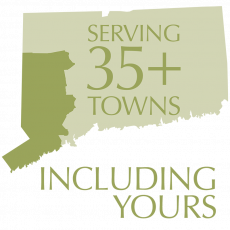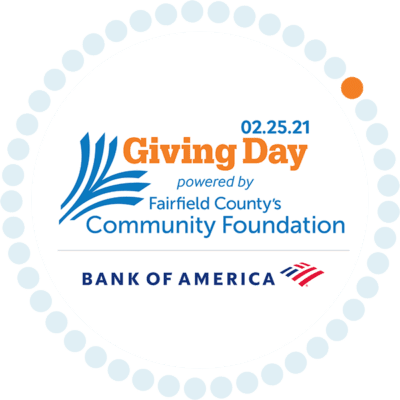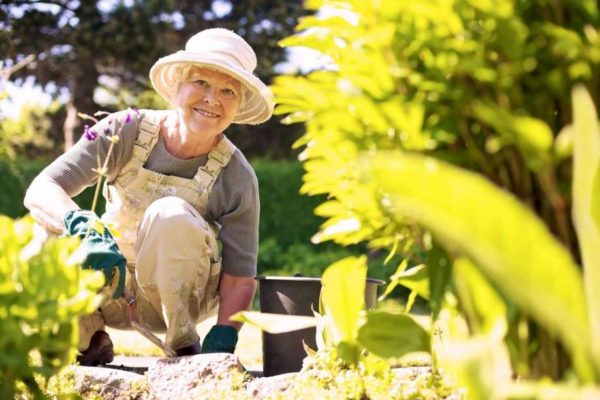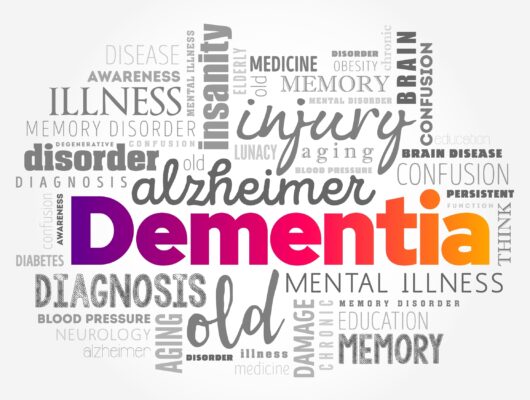Once you’re past the age of playing Ring Around the Rosy, falling down isn’t much fun. In fact, falls can be dangerous and are among the leading causes of injury to those age 65 and older. Approximately one third of healthy people in this age group will have at least one fall per year, which can result in often serious complications ranging from loss of independence and function to broken bones and other trauma. While falls can be the result of a variety of inter-related factors, leg muscle weakness and poor balance are often to blame. Enter the Otago Fall Prevention Program.
Recently launched by RVNAhealth, Otago is a strength and balance retraining program that reduces the risk of falls and related injuries by 35 to 40 percent. The program focuses on muscle strength, balance, flexibility, and reaction time — the contributing factors to falls that are most easily improved.
All RVNAhealth physical therapists are trained to deliver the program in the home setting, as well to outpatients at Rehab by RVNA. The program is already being integrated into the care plans for many RVNAhealth home health patients. Otago became RVNA’s fall prevention program of choice not only because of its proven effectiveness, but also because it can be easily customized for individuals at all stages of life and health.
“A fall can be dangerous at any age,” says Gigi Weiss, Director of RVNAhealth Rehabilitation Services. “But we’re all at greater risk of falling as we get older. What most people don’t realize is how easy it is to prevent. We know Otago works to improve a patient’s balance, stability, and strength so falling is much less likely.” Weiss stresses that even younger adults in the 55+ set can benefit from Otago in order to prevent a decline in balance as they age.
Otago involves a series of 20 progressive exercises that are performed in conjunction with a walking plan. After an initial balance skills assessment, a trained therapist tailors the program to each patient’s level of functioning, moving the patient to more advanced exercises when appropriate. The therapist works with a patient three times a week to start, tapering off over six to eight weeks. While comprehensive, each Otago exercise session takes only 30 minutes to complete. When patients are able, they also walk up to 30 minutes three days a week. After working one-on-one with the therapist, patients continue the exercises independently for maintenance, and see the therapist for a follow-up evaluation after six months.
“Apart from the fact that Otago works, the beauty of the program is that it is suited for a variety of settings to address patients of all walks of life,” says Weiss. “We can introduce Otago to our home health patients in their homes and continue the program as they transition to Rehab by RVNAhealth as an outpatient. We can also offer it as a stand-alone outpatient program for people concerned about falling, whether or not they’ve had a fall in the past.” Weiss notes that Otago may be covered by Medicare and other insurance plans when provided in conjunction with other prescribed home health and outpatient services.
RVNAhealth also has plans to offer Otago as a group program in community-based settings later this year. For more information, contact RVNAhealth at 203-438-5555.





